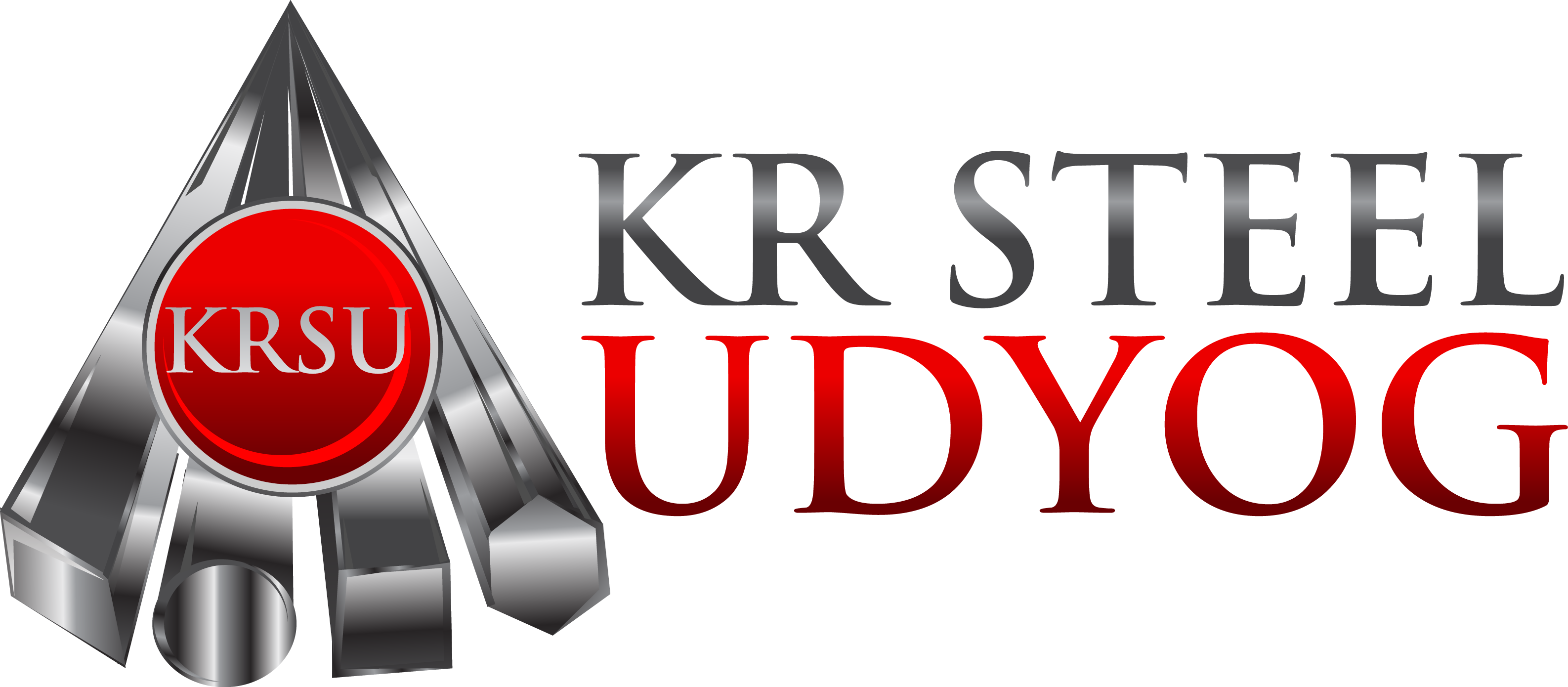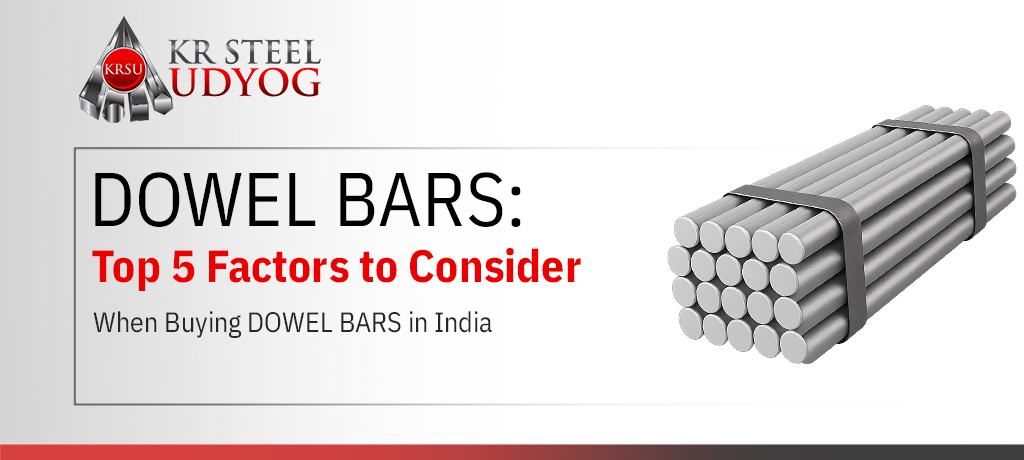Dowel bars are critical components in construction, especially for highways, taxiways, PQC (Pavement Quality Concrete), and rigid pavements. These steel bars enhance joint stability, improve load transfer, and prevent cracking in concrete structures. However, selecting the right dowel bars can be challenging with so many suppliers in the market.
As a leading MORTH-approved supplier of dowel bars in India, K.R. Steel Udyog is known for its high-quality materials, certified products, and reliable service. In this blog, we’ll discuss the top 5 factors to consider when purchasing dowel bars to ensure durability, safety, and cost-efficiency.
1. Steel Grade & Quality
Why Steel Grade Matters
Dowel bars endure heavy loads, weather exposure, and long-term stress. The steel grade determines their strength and longevity.
Correct Grades (Updated):
✔ IS:432 – Standard for mild steel dowel bars
✔ IS:2062 – High-strength, weldable steel
✔ SAE 1018 – Precision-grade for heavy-duty applications
Key Checks:
✅ MORTH Approval – Ensures compliance with Ministry of Road Transport & Highways standards.
✅ Mill Test Certificate (MTC) – Validates chemical composition and mechanical properties.
2. Dimensions & Tolerances
Standard Sizes (Corrected):
- Diameter: 16mm to 40mm (previously listed as 12–32mm)
- Lengths: 400mm, 450mm, 500mm, 600mm
Why Tolerance Matters?
Even minor deviations can affect performance. Ensure:
✅ Straightness: Max deviation of 1mm per meter.
✅ Diameter Tolerance: Within ±0.5mm.
✅ Length Tolerance: Within ±2mm.
3. Coating & Surface Finish
Why Coating is Crucial?
A smooth, well-coated dowel bar reduces friction and prevents concrete binding.
Options:
✔ Plain Dowel Bars – Cost-effective for indoor use.
✔ Epoxy-Coated – Corrosion-resistant for highways & humid climates.
✔ Stainless Steel – Ideal for coastal/marine environments.
Inspection Tips:
✅ Rust-free, smooth surface.
✅ Even coating thickness (if coated).
4. Certifications & Supplier Reputation
Why Choose a Trusted Supplier?
A reliable supplier ensures consistent quality, on-time delivery, and after-sales support.
Key Certifications:
✅ BIS Certification – Meets Indian Standards (IS:432, IS:2062).
✅ ISO 9001:2015 – Quality management assurance.
✅ MORTH Approval – Mandatory for highway projects.
Why K.R. Steel Udyog?
✔ MORTH-approved dowel bars with MTC.
✔ Custom sizes & coatings available.
✔ Trusted by highway contractors across India.
5. Pricing & Logistics
Balancing Cost & Quality
✔ Compare prices from multiple suppliers.
✔ Bulk discounts for large projects.
Logistics Considerations:
✅ Pan-India supply chain for timely delivery.
✅ Project-aligned schedules to avoid delays.
Applications of Dowel Bars (Updated)
✔ Highways & Expressways – Ensures load transfer in rigid pavements.
✔ Taxiways & Airport Runways – Withstands heavy aircraft loads.
✔ PQC (Pavement Quality Concrete) – Prevents joint cracking.
✔ Industrial Flooring – Enhances durability in warehouses/factories.
Why Choose K.R. Steel Udyog?
✅ MORTH-approved dowel bars with test certificates.
✅ Grades: IS:432, IS:2062, SAE 1018.
✅ Sizes: 16–40mm dia, lengths 400–600mm.
✅ On-time delivery across India.
Conclusion
Selecting the right dowel bars is crucial for long-lasting, crack-free concrete structures. By considering steel grade, dimensions, coating, certifications, and supplier reliability, you can ensure optimal performance.
As a leading dowel bar supplier in Kolkata, K.R. Steel Udyog provides:
✔ Certified, high-strength dowel bars (IS:432, IS:2062, SAE 1018).
✔ MORTH-approved quality with MTC.
✔ Custom solutions for highways, taxiways, and PQC.



